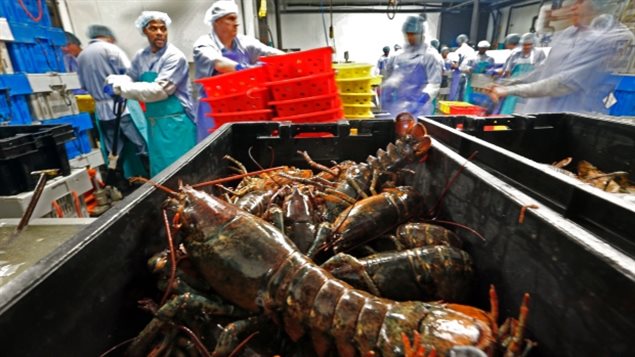World Wildlife Fund-Canada is issuing a dire warning about the state of East Coast fisheries.
The conservation group says so-called forage fish–herring and other small fish–are in decline and that means large predators such as seabirds, humpback whales and bluefin tuna face starvation.
In a report released Tuesday, WWF-Canada also says forage fish are critical to the recovery of commercial fisheries such as northern cod.
And, the report says, the status of stocks is unknown for 75 per cent of the small-species fisheries, such as capelin.
The findings do not surprise Heather Grant of the Ecology Action Centre in Halifax.
“You’re looking at very serious impacts to fisheries like lobster or crab, which rely heavily on forage fish for their bait,” she says.
After studying 27 fisheries, WWF-Canada found three in critical condition in Atlantic Canada.
They include two herring stocks in the Gulf of St. Lawrence.
WWF-Canada called on fisheries managers to make better use of new computer models that can take predator needs into account.
A Fisheries Department spokeswoman says the department is already taking action on some issues raised in the report.
These include hiring of 135 new scientists, biologists, and technicians to conduct research and monitor activities.
She adds that the management of fisheries “is informed by the best available science advice.”
With files from CP, CBC.







For reasons beyond our control, and for an undetermined period of time, our comment section is now closed. However, our social networks remain open to your contributions.